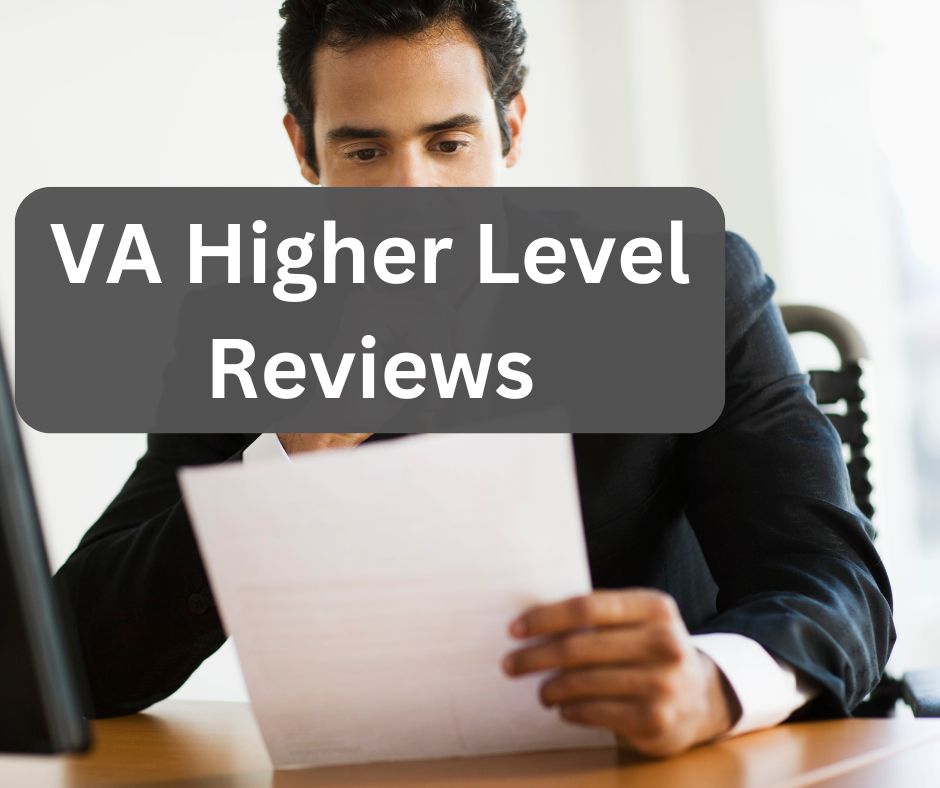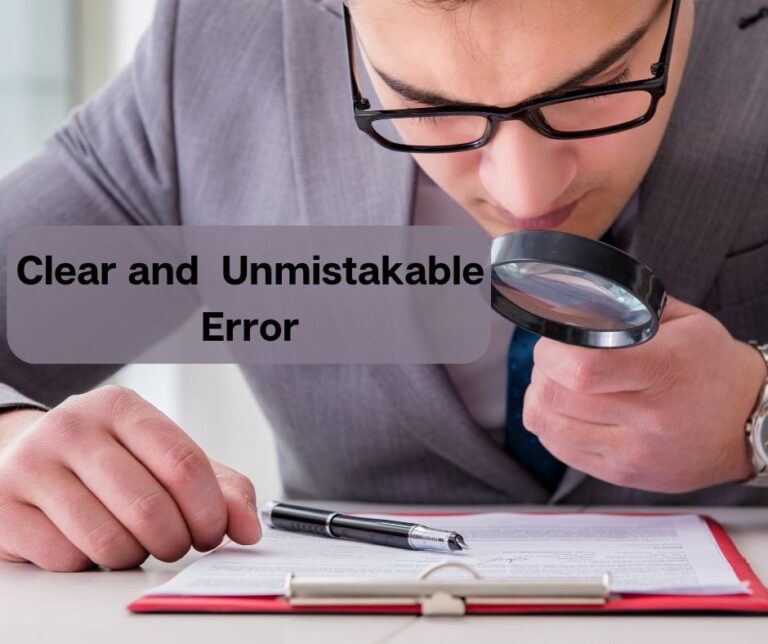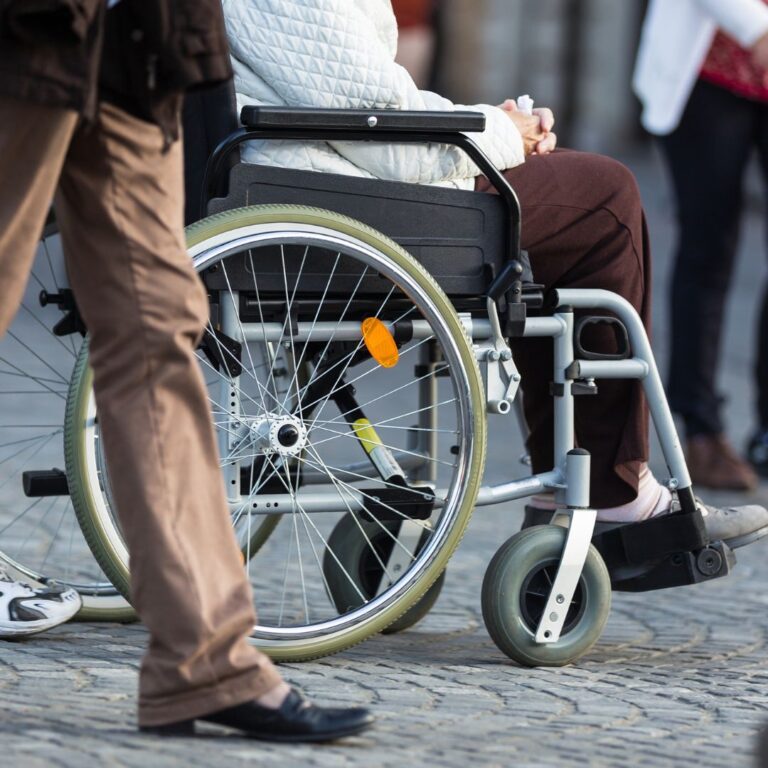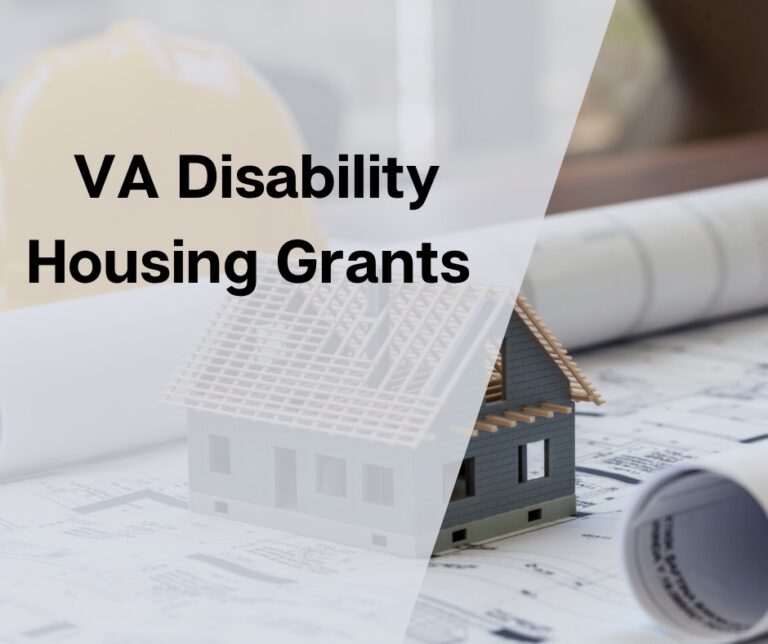How to Correct Mistakes on Your VA Claim: Higher Level Review Insights
We know that Veterans sometimes (often) do not get the rating they want from the VA. If you truly feel that you didn’t get the rating you should have due to a mistake by the rater, there are three ways to appeal the rating.
Appeal Types
- Supplemental Claim – you can submit a supplemental claim introducing new evidence to support your claim.
- Higher Level Review – A senior rater will re-examine your claim, performing a de novo review. This means that the senior rater will examine the claim from the very beginning and will not take the previous examination into consideration. Note, however, that NO NEW evidence can be submitted for a higher level review. Even if you send in new evidence, it will not be examined.
- Board of Veteran Appeals – Request a Veteran Law Judge to review your claim. There are three ways to request a Board of Veteran appeal, with different estimated wait times. Be aware, a BVA appeal results in a longer wait. The three ways are:
Board of Veteran Appeals Methods
- Direct Review – the Judge reviews the claim with the evidence already submitted. You cannot submit new evidence and will not have a hearing. The Board’s goal is to render a decision within One Year.
- Evidence Submission – You may submit new evidence for the Judge to review. The new evidence must be submitted with the BVA request or within 90 days of the BVA request being received by the VA. The Board’s goal is to render a decision within One and a Half Years ( 1 ½ years).
- Hearing – You can choose to have a hearing and meet with the Judge, either in person in Washington DC or virtually. You are able to submit new evidence, either at the hearing or within 90 days of the hearing. The Board’s goal is to render a decision within 2 Years.
Higher-Level Review
When it comes to correcting errors during a Higher-Level Review for VA disability, here’s how the process works:
- Higher-Level Review:
- A higher-level review involves having a senior rater re-examine your original claim.
- The senior rater does not consider the previous rating and reviews the claim from scratch.
- Their goal is to identify any errors made by the VA or assess whether the evidence submitted justifies approval.
- No new evidence can be submitted during a higher-level review; if you have new evidence, file a supplemental claim instead.
- Errors Looked For:
- The higher-level review focuses on processing errors related to your claim.
- If the VA failed to make a reasonable effort to assist you (e.g., retrieving your DD214 or medical records), it’s considered an error.
- While service officers recommend veterans provide these documents themselves, the VA must still make a reasonable effort to obtain them.
- If the higher-level review also denies your claim, you have two options:
- Gather new and relevant evidence for a supplemental claim.
- Appeal to the Board of Veterans Appeals within one year of the denial letter.
Note that you cannot ask for a second higher level review upon the exact same case and evidence. If you are going to appeal, you must either submit new and relevant evidence with a supplemental claim or appeal to the BVA. Also, remember that you have ONE (1) year from the day your decision letter was mailed to file an appeal. As long as you file the appeal within one year, you will retain your original date of claim.







